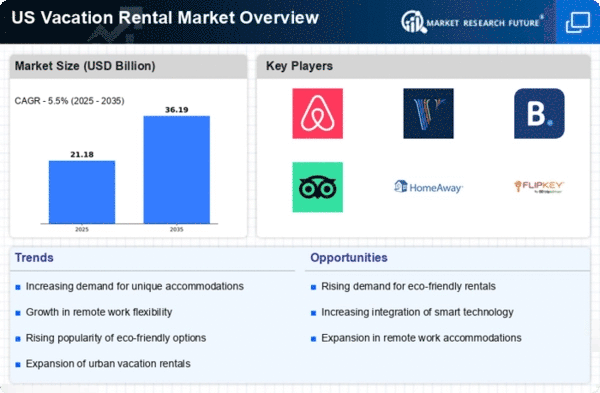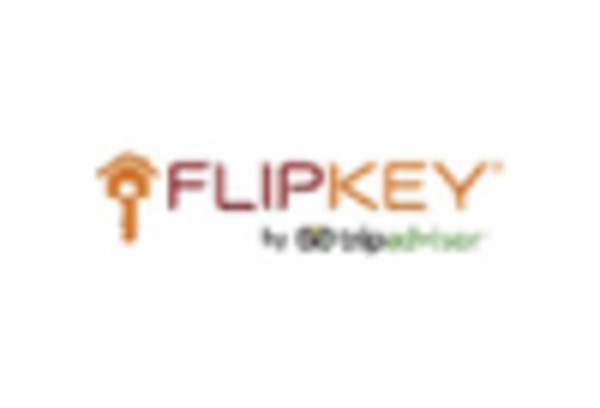Expansion of Online Booking Platforms
The proliferation of online booking platforms has revolutionized the vacation rental market, making it easier for consumers to find and book accommodations. These platforms provide a user-friendly interface, allowing travelers to compare options, read reviews, and secure reservations with ease. Recent figures show that over 60% of vacation rentals in the US are booked through online platforms, highlighting their significance in the market. This expansion has also led to increased competition among property owners, driving innovation and improvements in service quality within the vacation rental market.
Impact of Economic Factors on Travel Spending
Economic conditions play a crucial role in shaping the vacation rental market. As disposable income levels rise, consumers are more inclined to allocate funds towards travel and leisure activities. Recent statistics indicate that travel spending in the US has increased by 5% year-over-year, with a significant portion directed towards vacation rentals. This trend suggests that as the economy strengthens, the vacation rental market may continue to flourish, attracting a diverse range of travelers. Additionally, fluctuations in fuel prices and inflation can influence travel decisions, potentially impacting the demand for vacation rentals in various regions.
Increased Focus on Health and Safety Standards
In the wake of heightened awareness regarding health and safety, the vacation rental market is adapting to meet new consumer expectations. Property owners are implementing rigorous cleaning protocols and safety measures to ensure guest confidence. Data indicates that 70% of travelers prioritize cleanliness when selecting accommodations, which has prompted many vacation rental operators to enhance their hygiene practices. This focus on health and safety not only addresses consumer concerns but also positions the vacation rental market as a responsible choice for travelers seeking peace of mind during their stays.
Rising Popularity of Sustainable Travel Options
Sustainability is becoming an increasingly important consideration for travelers, influencing their choices in the vacation rental market. Many consumers are actively seeking eco-friendly accommodations that align with their values. Recent surveys indicate that approximately 40% of travelers are willing to pay a premium for sustainable lodging options. This trend is prompting property owners to adopt environmentally friendly practices, such as energy-efficient appliances and waste reduction strategies. As awareness of sustainability grows, the vacation rental market is likely to see a surge in demand for properties that prioritize eco-consciousness.
Growing Preference for Alternative Accommodations
The vacation rental market is experiencing a notable shift as travelers increasingly favor alternative accommodations over traditional hotels. This trend is driven by a desire for unique and personalized experiences, which vacation rentals can provide. According to recent data, approximately 30% of travelers in the US now prefer vacation rentals for their flexibility and home-like amenities. This growing preference is reshaping the vacation rental market, as property owners adapt to meet the evolving demands of consumers seeking distinctive lodging options. The ability to offer tailored experiences, such as local insights and personalized services, positions vacation rentals as a compelling choice for modern travelers.
















